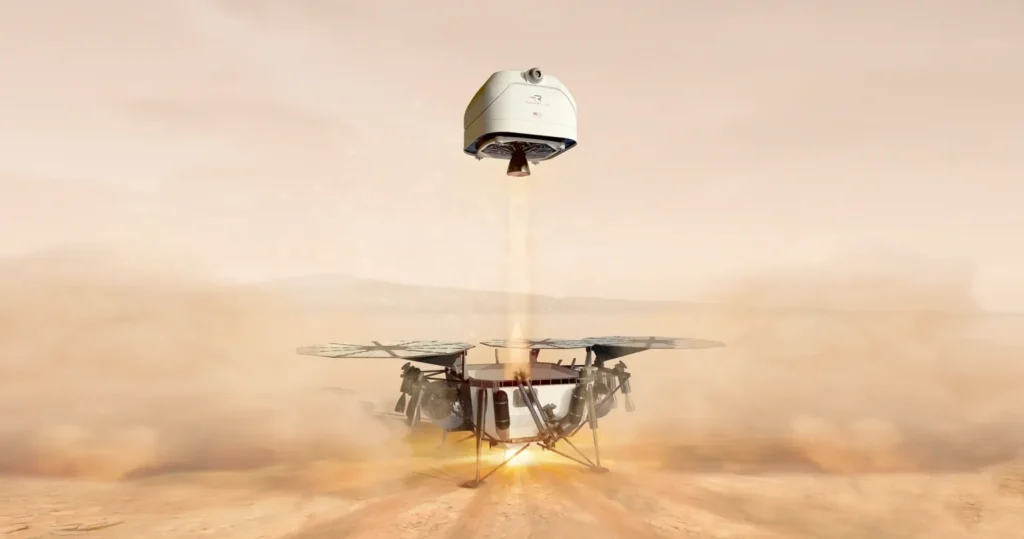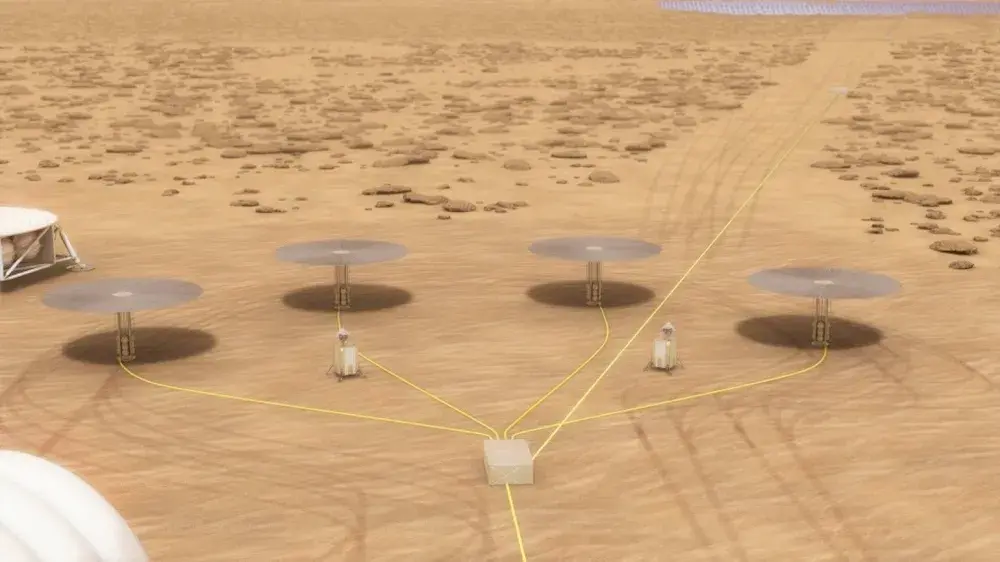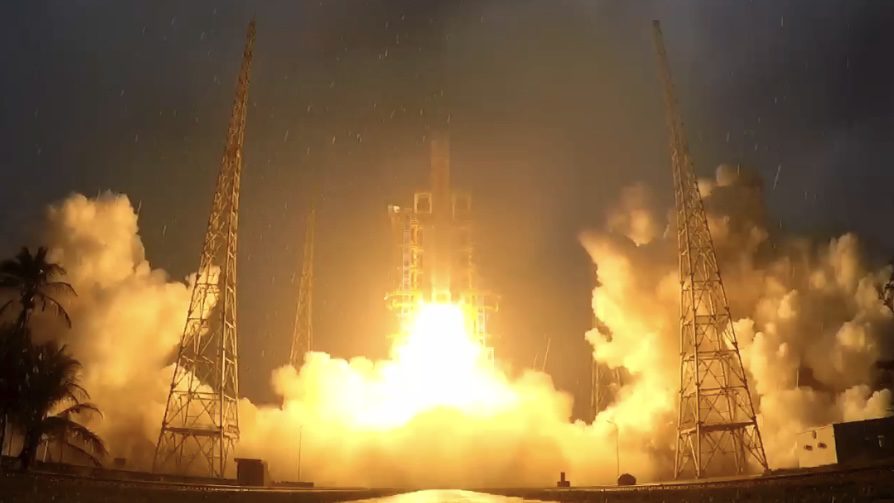Rocket Lab Challenges NASA’s Mars Mission: Cheaper & Faster by 2031?
Could a Bold New Approach Bring Martian Samples Home Sooner and Cheaper?

Orlando, FL – The race to retrieve Martian samples and unlock the secrets of the Red Planet just got a whole lot more interesting. Rocket Lab, a leader in the burgeoning private space industry, is stepping up to challenge NASA’s long-standing plans for the Mars Sample Return (MSR) mission, urging the agency and the incoming administration to embrace a faster, more cost-effective commercial approach. This bold move could revolutionize planetary science and usher in a new era of space exploration, leaving many to wonder if NASA’s traditional approach is now outdated
- NASA’s MSR: Stuck in Study Mode?
NASA has been meticulously planning the MSR mission for years, envisioning a complex, multi-stage process involving a sample retrieval lander, a Mars ascent vehicle, and an Earth return orbiter. After spending over a year reviewing a dozen studies, including one from Rocket Lab, the agency recently announced it would spend the next 18 months studying two new architectures for MSR. One involves a refined version of the “sky crane” landing system, while the other utilizes a commercially developed “heavy lander.”
These options, according to NASA, would bring samples back to Earth between 2035 and 2039, at a cost ranging from $5.8 to $7.7 billion. While this represents an improvement over earlier estimates, it’s still a hefty price tag and a long wait for eager scientists worldwide.
- Rocket Lab’s Audacious Proposal: A $4 Billion, 2031 Return
Enter Rocket Lab. The company, known for its innovative Electron and Neutron launch vehicles, is proposing a radically different end-to-end system for MSR, leveraging its in-house technologies and expertise. Richard French, Rocket Lab’s Vice President of Business Development and Strategy for Space Systems, boldly claims their architecture could return samples by 2031 for under $4 billion – a potential savings of billions and a schedule acceleration of several years.
“We think we’re the organization that can bring these Mars samples home faster and cheaper,” French stated in an interview. He emphasized that Rocket Lab’s proposal draws upon the company’s work on projects like the Varda Space Industries reentry vehicle and the Victus Haze mission for the U.S. Space Force, which involves rendezvous and proximity operations crucial for MSR.
- “Frustrating” Lack of Feedback, a Call for Open Competition
Rocket Lab’s ambition, however, has been met with what French describes as a “frustrating” lack of engagement from NASA. The company received minimal feedback on its MSR study, leading them to advocate for a radical shift in NASA’s strategy. Instead of more internal studies, Rocket Lab is pushing for an open commercial competition.
“If NASA wants to show leadership, it’s to lean into commercial capability and be bold and compete,” French argued. He envisions a scenario where NASA selects several proposals for initial studies before choosing a winner to carry out the revised MSR program. This approach, according to Rocket Lab, would be far more affordable than the $300 million NASA is requesting for its current study plans and would better incentivize innovation

- A Growing Chorus of Dissatisfaction
Rocket Lab isn’t alone in its impatience with NASA’s pace. The Planetary Society, a prominent space advocacy group, has also expressed concern over the ongoing delays, urging the incoming administration and Congress to expedite a decision and allocate sufficient funding.
“It has been more than two years since NASA paused work on MSR,” The Planetary Society noted in a statement. “It is time to commit to a path forward.”
- The Future of Mars Exploration
The debate over MSR highlights a fundamental tension in the evolving space landscape: the traditional, government-led approach versus the agile, cost-conscious methods of the commercial sector. Will NASA heed the call for a more competitive approach, or will it continue with its internal studies? The answer could have profound implications for the timeline of Mars exploration and the future of planetary science
Rocket Lab is challenging NASA's plans for bringing back Mars samples, offering a faster and cheaper solution.
They believe they can return the samples by 2031 for under $4 billion.
Rocket Lab is calling for open competition between companies, which they say would drive innovation and save money for taxpayers.
The Planetary Society is concerned about NASA's delays and is urging the new government leaders and Congress to act.
The future of the Mars Sample Return mission, and possibly space exploration in general, is at risk.
Is NASA’s way of doing things outdated, with private companies offering better alternatives?
Could competition between companies make space exploration more affordable and efficient?
What would bringing back Mars samples quicker mean for our knowledge of the planet? Keep following Trendsnip for the latest updates on this exciting story. Will Rocket Lab’s challenge lead to a big change in space exploration? Could other companies like SpaceX also propose their own plans for Mars? Stay with us on social media for the latest news and coverage on these space missions.













